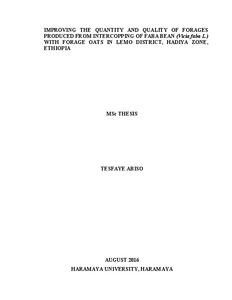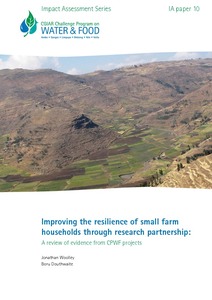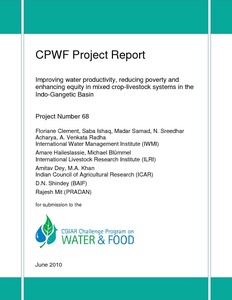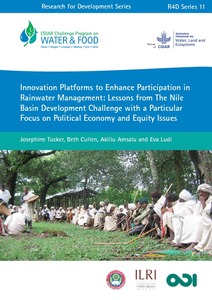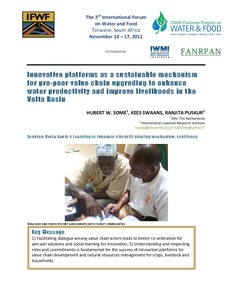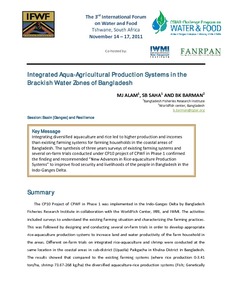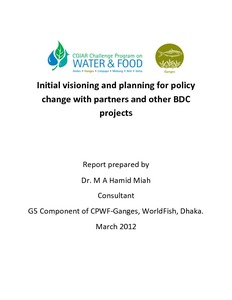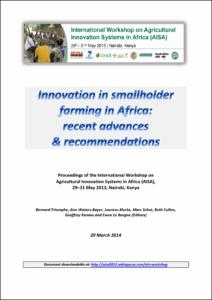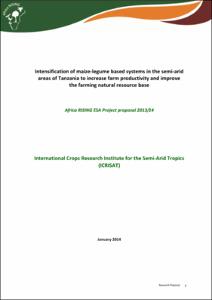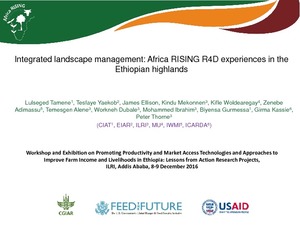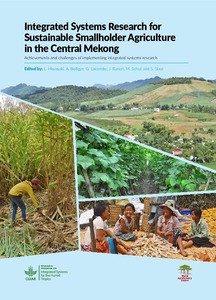Improving the quantity and quality of forages produced from intercopping of faba bean (Vicia faba l.) with forage oats in Lemo District, Hadiya Zone, Ethiopia
Faba bean (Vicia faba L.), also called broad bean or horse bean is an annual crop, which mainly grows in the highlands of Ethiopia for human consumption. The objective of this study was to improve the quantity and quality of forages produced from intercropping of faba bean (Vicia faba L.) with forage oats (Avena sativa L.) on forage biomass, straw, grain yields, and straw quality. Farmers have an experience of not weeding faba bean plots to get more weed biomass.

